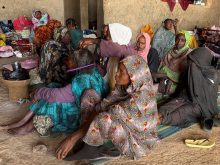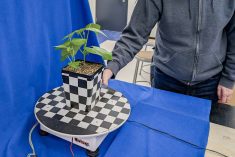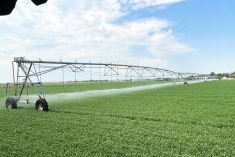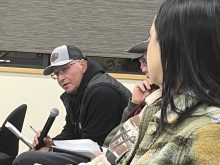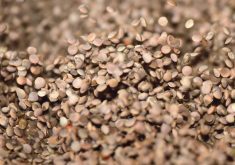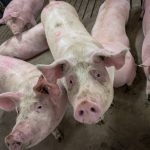AF contributor
The effects of Chile’s severe earthquake are being felt by HyTech Production Ltd., a canola seed multiplication company based in Lethbridge.
HyTech contracts with Chilean growers to produce hybrid seed during the Canadian winter. President and owner Brian McNaughton says he’s confident Chilean farmers will get their job done, and his son Kevin remains in Chile as the nation starts to pick up the pieces from the quake.
But getting the bagged canola seed to port in Chile for export to North America or Europe or Australia could pose a bigger problem. McNaughton says the port he normally uses to load ships has been destroyed. His alternate port is 500 kilometres north. The condition of the roads and bridges will create transportation challenges especially since spring seeding deadlines are closing in.
Read Also
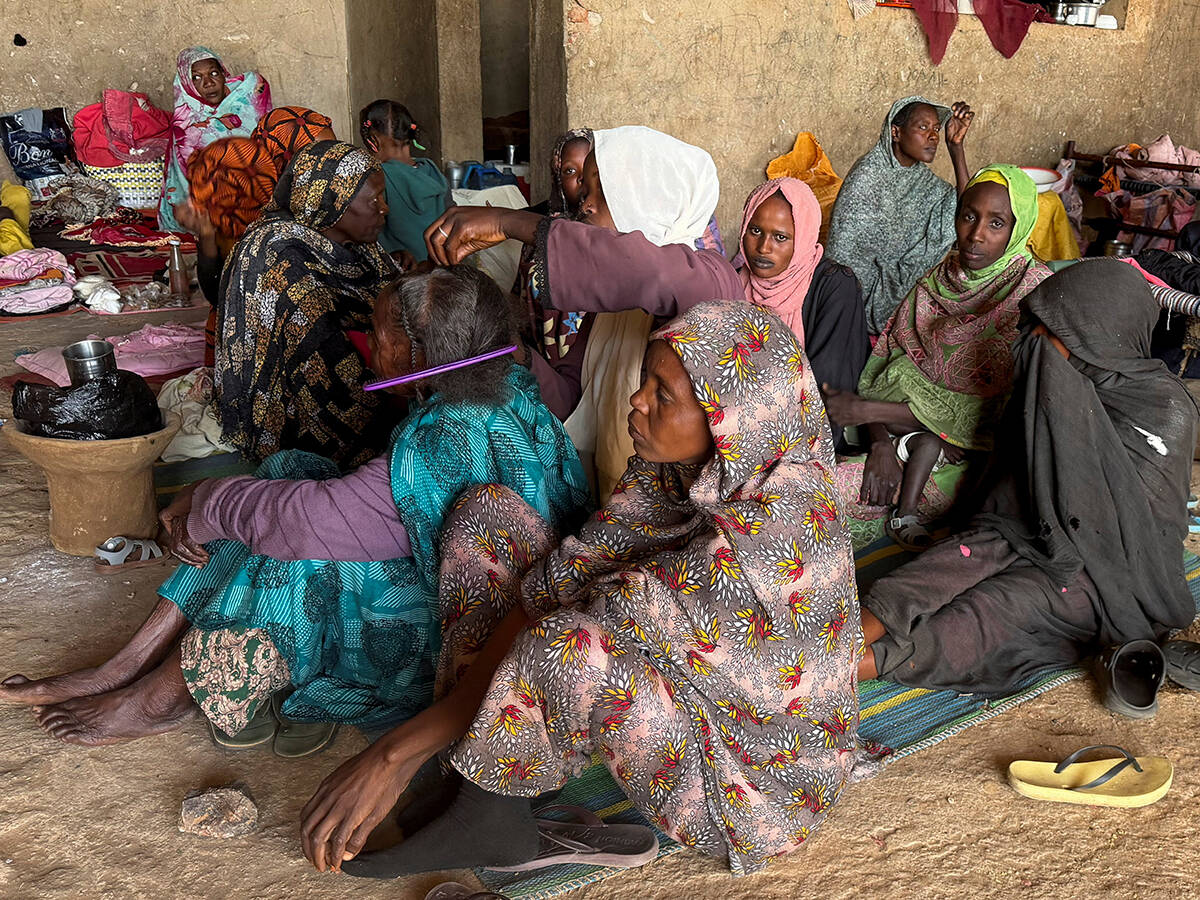
‘Millions will die’: Foodgrains Bank faces $2.7B federal funding threat
Foodgrains Bank warns $2.7B aid cut triggers a humanitarian crisis, risking global hunger relief and 40 per cent of its funding.
Normally, 35 farmers plant the canola crop for seed in Chile and McNaughton or his son, and employee Kenny Piecharka, are in that country regularly to assure quality control. Harvest comes and the chore of shipping the hybrid seed to market commences. The growers stretch over a 500-km north-south band in the region of Chile, all producing the crop on irrigated land. He has access to three “ultra-modern” seed-processing plants in the region within a 1,000-km range.
Under normal conditions, there is plenty of time to get that seed to market in time to bolster similar seed grown for HyTech in Canada. From Chile, it arrives in either Philidelphia or Vancouver where it is transloaded to trucks for distribution to his customers in Western Canada, mainly the big canola players like Viterra, Monsanto, Dow Elanco and Bayer Cropscience.
McNaughton runs his Canadian operations with a staff of 20. He employs 20 in Chile also. January, February and March are his busiest months in Chile when he spends two to three weeks a month there.
Because of the increased acceptance of hybrid canola, McNaughton expanded to Chile 10 years ago to complement his Canadian business. McNaughton said Chile is one of the most underutilized agricultural regions in the world, and is one of the more secure growing regions because of its strong development.
Production is the key, and while the earthquake may create some with hybrid canola seed production, there will be enough to meet Canadian demand. “The best story is a sold-out story,” he said. “For certain hybrids, that has happened. We have to try to make up the difference.


